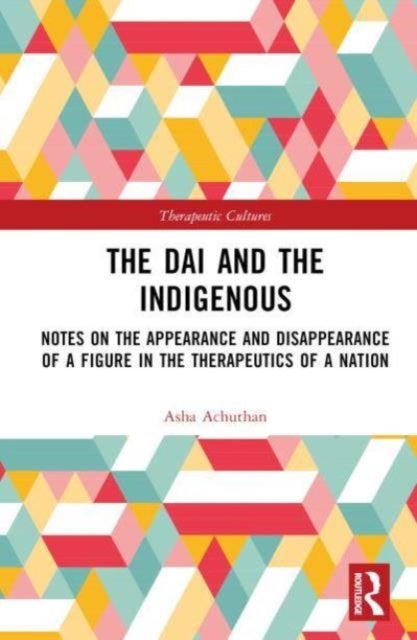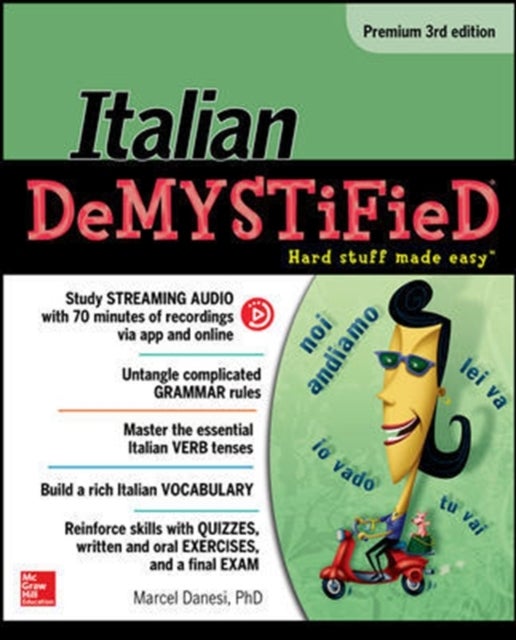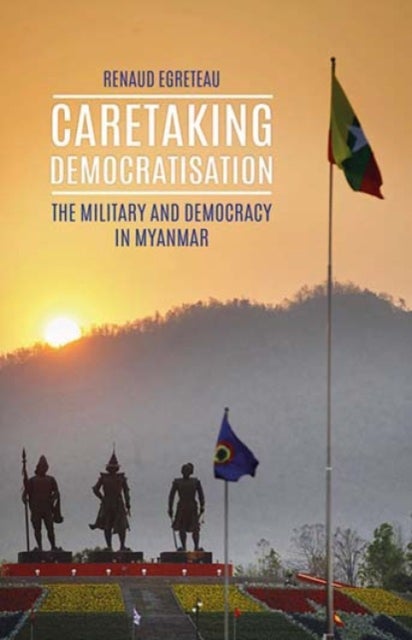
The Dai and the Indigenous av Asha (Tata Institute of Social Sciences Bombay India) Achuthan
1759,-
<p>This is a book about the <i>dai</i>, or traditional birth practitioner, and her place in the emerging therapeutic domain in colonial and contemporary India. </p><p>The book employs a caste-informed feminist reading of the colonial archive against the grain, and explores papers by Englishwomen physicians, texts of indigenous medicine and practitioner accounts, administrative documents, public commentaries and legislative assembly debates from the 19<sup>th</sup> and early 20<sup>th</sup> centuries. It also examines contemporary healthcare policy discourse. Using these methodologies, the author traces the production of the <i>dai</i> as an unsanitary, unskilled indigenous figure in colonial and nationalist accounts. The book goes on to examine the workings of gender and caste in the setting up of this figure, at first for containment, and then for removal from institutionalized healthcare ¿ an exercise that is more or less completed in the present. The author argues that this exercise








